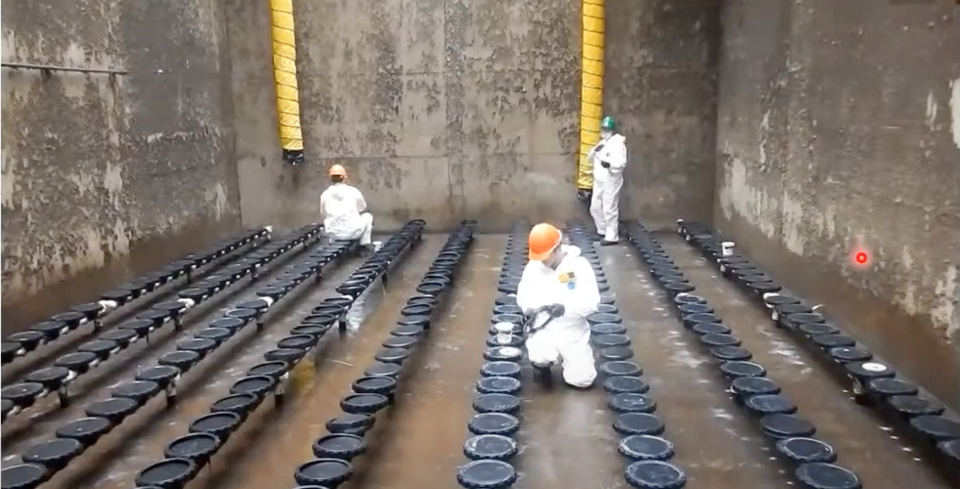The District of Sechelt’s wastewater system is facing a need for upgrades, repairs and replacements in the coming years.
Kirn Dhillon, engineering and operations director, walked councillors through a comprehensive review of the district’s wastewater treatment system and long-term vision during a Jan. 27 budget meeting, stressing the need for the district to be more proactive with its planning.
“Part of why I’m presenting this is to make a case that we should be setting aside funds towards the asset management of this facility,” he said, referencing the five-year-old Water Resource Centre (WRC).
“The whole wastewater system, it needs to be thought of in a proactive, long term way.”
For starters, the WRC – which Dhillon described as the system’s “crown jewel” –doesn’t have an asset management plan.
Dhillon said a “thorough review” of the centre by way of a process audit was needed, with a view to establishing both an asset management plan and facility master plan to guide long-term decisions, including potential expansion.
Work has started on the process audit, and staff hopes to complete all planning by 2024.
The district has applied for grants to fund some of the work. Dhillon also noted comprehensive plans will likely be prerequisites for government grants.
Tied in with the WRC is what Dhillon described as concerns with the district’s collection system.
“Right now we are compliant 99 per cent of the time,” however, “on rare occasions” the district must bypass membrane filters during intense precipitation events.
The excess water increases sewage volumes and decreases the efficiency of water treatment, said Dhillon. “It essentially waters down the sewage coming in so the bugs aren’t as active.”
Staff also made clear any sewer expansion plans would have to take into account the facility’s capacity – which also means dealing with the infiltration issue.
“It really plays a key role here,” said wastewater supervisor Christine Miller, “to decrease our inflow and infiltration.”
Coun. Eric Scott noted the WRC was designed to treat 4,000 cubic metres per day and the current average is 2,200.
But infiltration issues are already pushing it to its maximum on occasions, staff said.
For example, when part of Sechelt saw in excess of 40 millimetres of rain over Jan. 31, 2020, total inflow approached 3,900 cubic metres.
One option, said Dhillon, might be to amend the district’s registration under the municipal wastewater regulation, which authorizes municipal wastewater effluent discharge or use of reclaimed water.
“That could allow us to lower some of the effluent quality requirements,” he said, “which would improve the plant efficiency and address some of the issues we have sometimes.”
Doing so would mean foregoing a minister-approved liquid waste management plan, which the district has pursued.
Monitoring devices have been used to look at the collection system, said Dhillon, and they hope to pursue a program to get comprehensive baseline data.
He noted a condition assessment completed in 2012 showed buried infrastructure was approaching end of life.
Outside of the WRC and infiltration, councillors were also notified about other major upcoming infrastructure projects.
One line in Sechelt Inlet would have to be investigated if the district does work on a lift station at Mackenzie Marina – the replacement of which is estimated to cost $1 million and is currently in the district’s five-year plan.
An outfall replacement could cost another $4.5 million, and needs to be done “imminently” – in the next five years, said Dhillon.
Two other lift stations will also need to be replaced within the next five years – Norwest Bay at an estimated $600,000 and Wakefield lift station at about $900,000. A grant has been sought for that project.
A number of maintenance holes also have to be replaced, costing between $20,000 and $40,000 each.
Councillors thanked staff for the comprehensive overview. “It’s refreshing,” said Mayor Darnelda Siegers. “We haven’t had that for a long time.”



